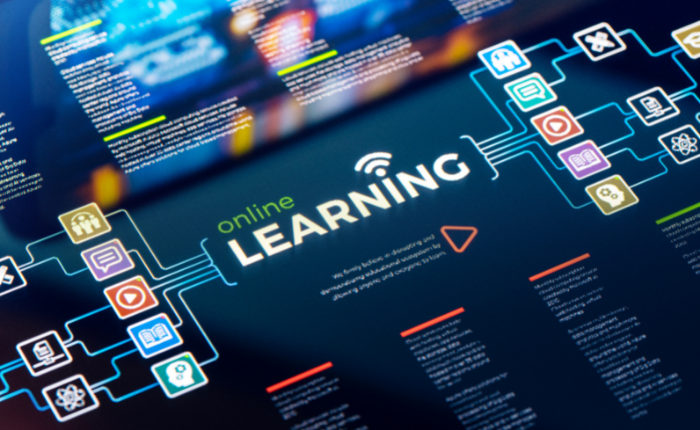While the future of work is about being more creative and empathetic, online learning can teach the content. However, moral values can only be taught by people.
These insightful words shed a light upon how the pandemic has had an impact on learning and knowledge.
While many students have learnt and can operate Zoom or do their homework on Google classroom, some don’t have access to the internet. To help and support technology-driven online education, TV channels may telecast expert sessions live on 15 channels.
In addition to this, the government has initiated, PM E-Vidya programme — a scheme for multi-mode access to digital education, which may begin post-Covid. For the first time, higher education institutions have permission to start online courses.
The Google Trends Report (April 2020) has shown exponential growth in searches related to e-learning. An 85% growth was registered in Google searches on the phrase “learn online”, 148% growth on “teach online”, 79% increase in searches for “at-home learning” and a whopping 300% increase in searches for “classes online”.
Also, people are now learning new recipes through FB or Whatsapp and there are EduTok related channels on TikTok to teach basic English, Maths and Science.
Apps like Byju and many other startups are coming up with their content to provide knowledge. We can expect that in the future online content delivery will be possible through multiple communication channels.
The future of learning will be project-based focusing on complete concepts and processes rather than just marks. It has already begun as students now hold the freedom to select subjects based on their interests.
Creativity and critical thinking will play an important role in every student’s education and overall development. Schools will also need a proper structure to accommodate multi-disciplinary peer learning.
While online learning might be convenient, helpful and possible, spending too much time on the screen also has its limitations. This will need to be neutralised with offline workshops, worksheets and smart games.
There will be challenges of having technology in hand given the amount of exposure it will give to children. It will be important that we keep students rooted and give them the wisdom to choose what’s right for them.
~ Soumya Aggarwal

